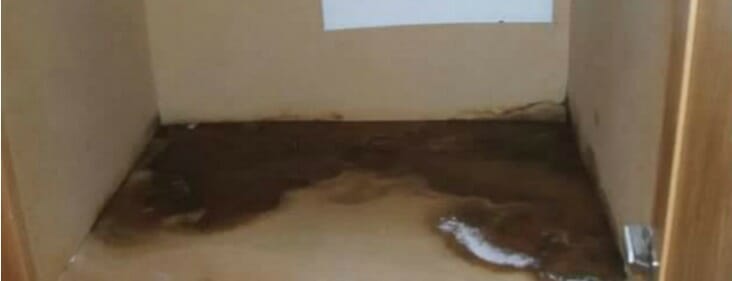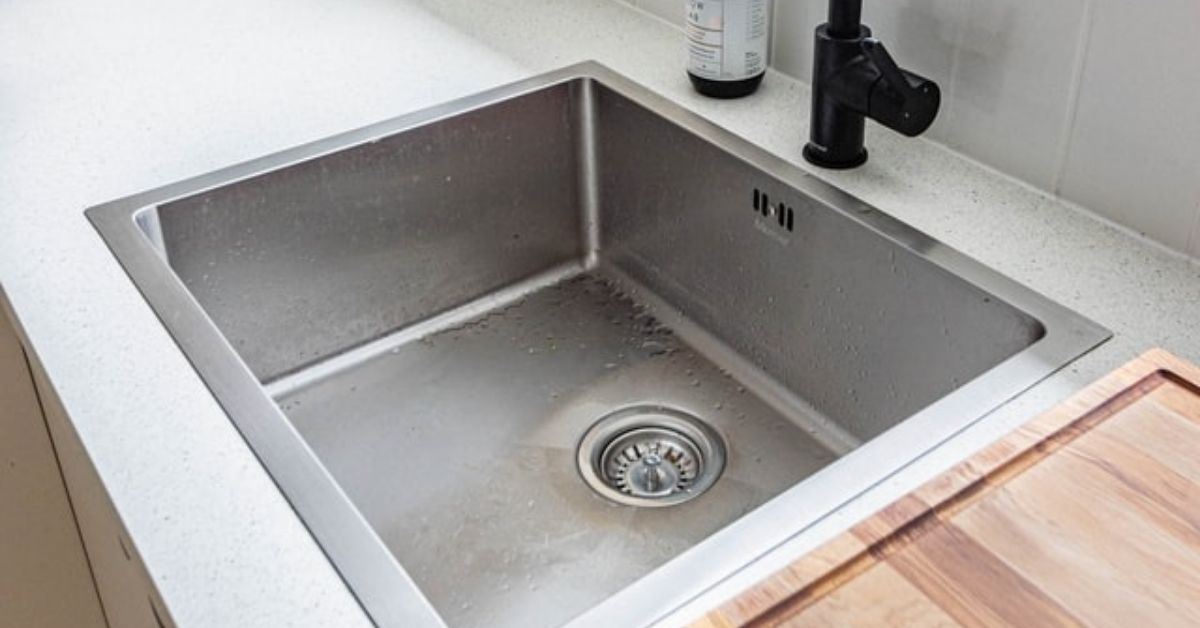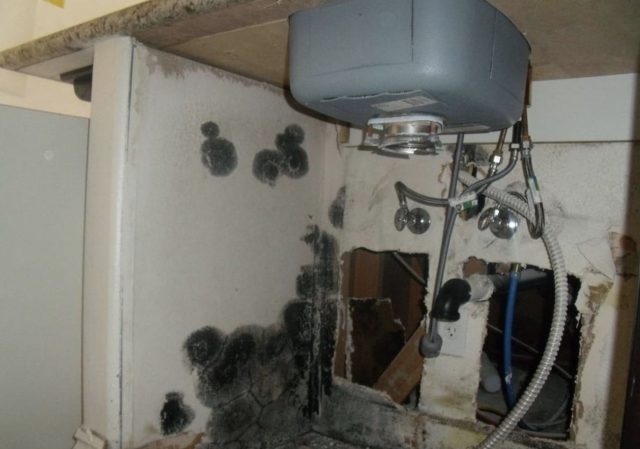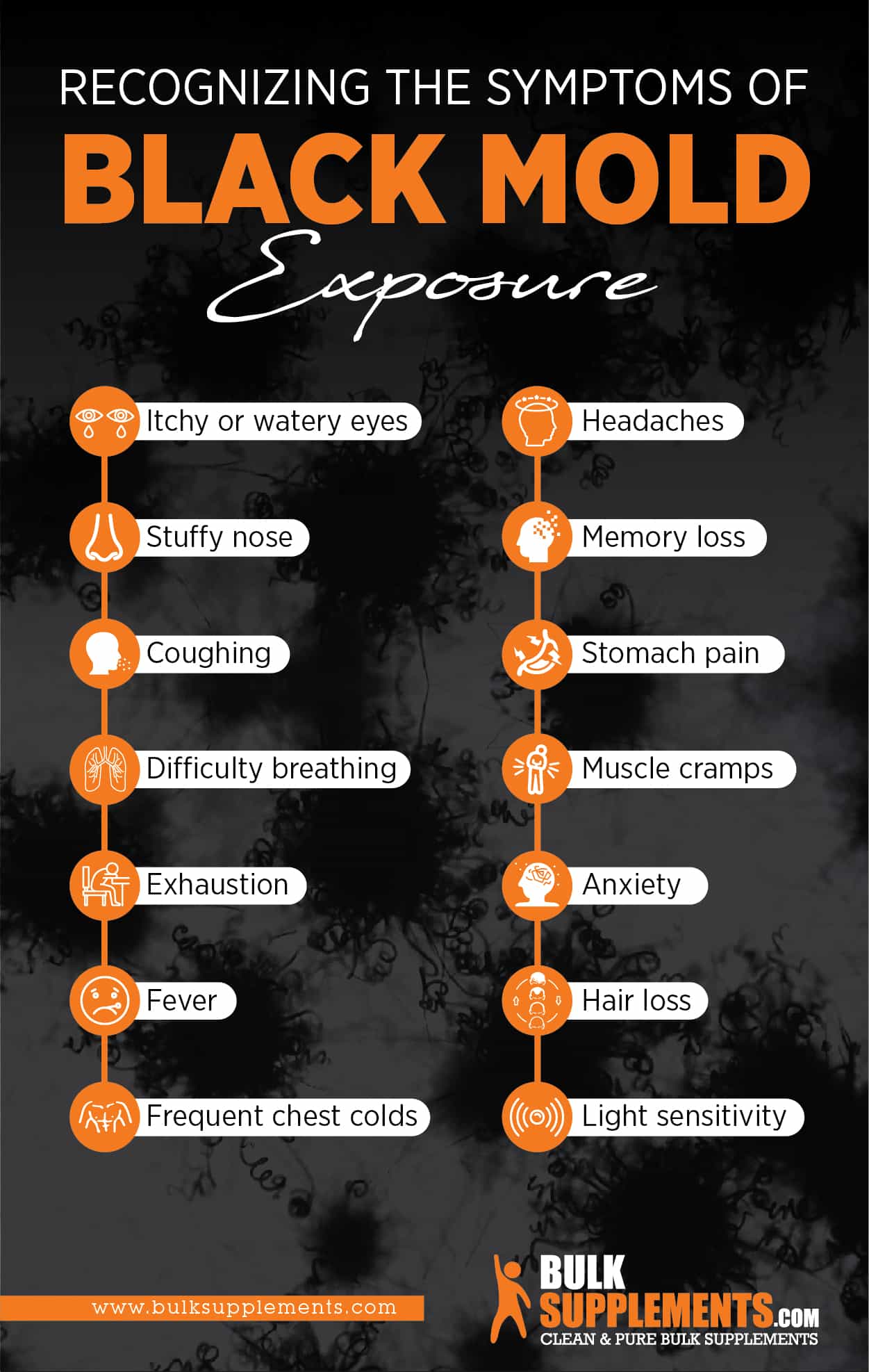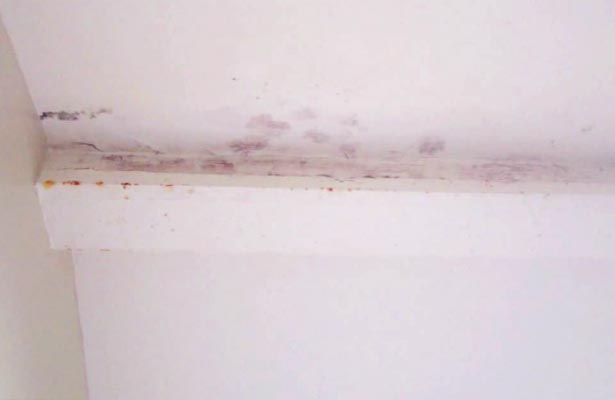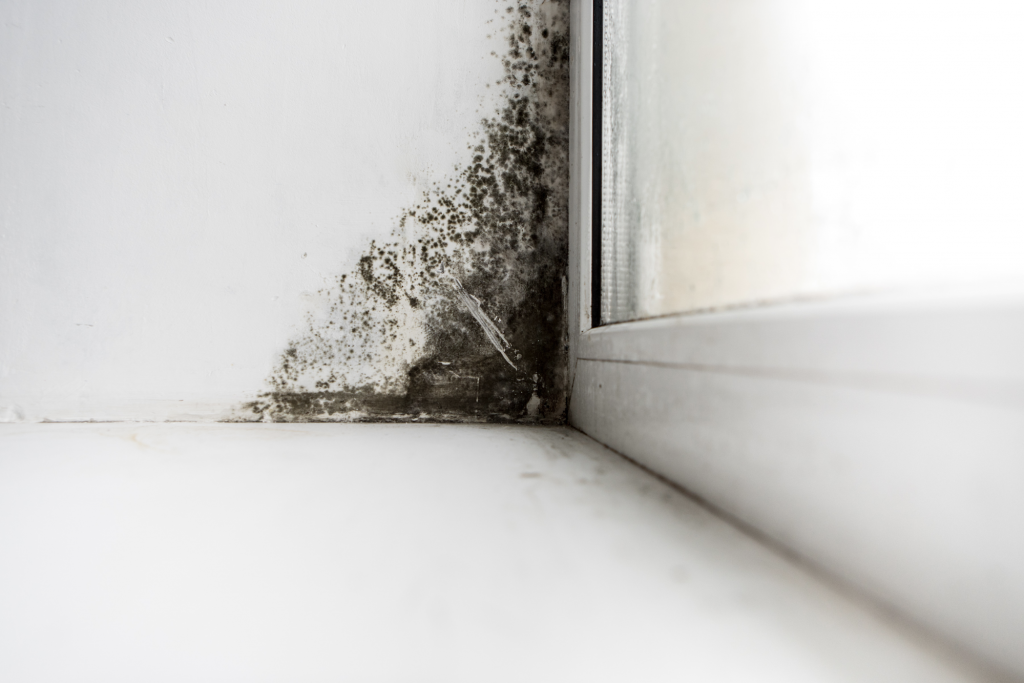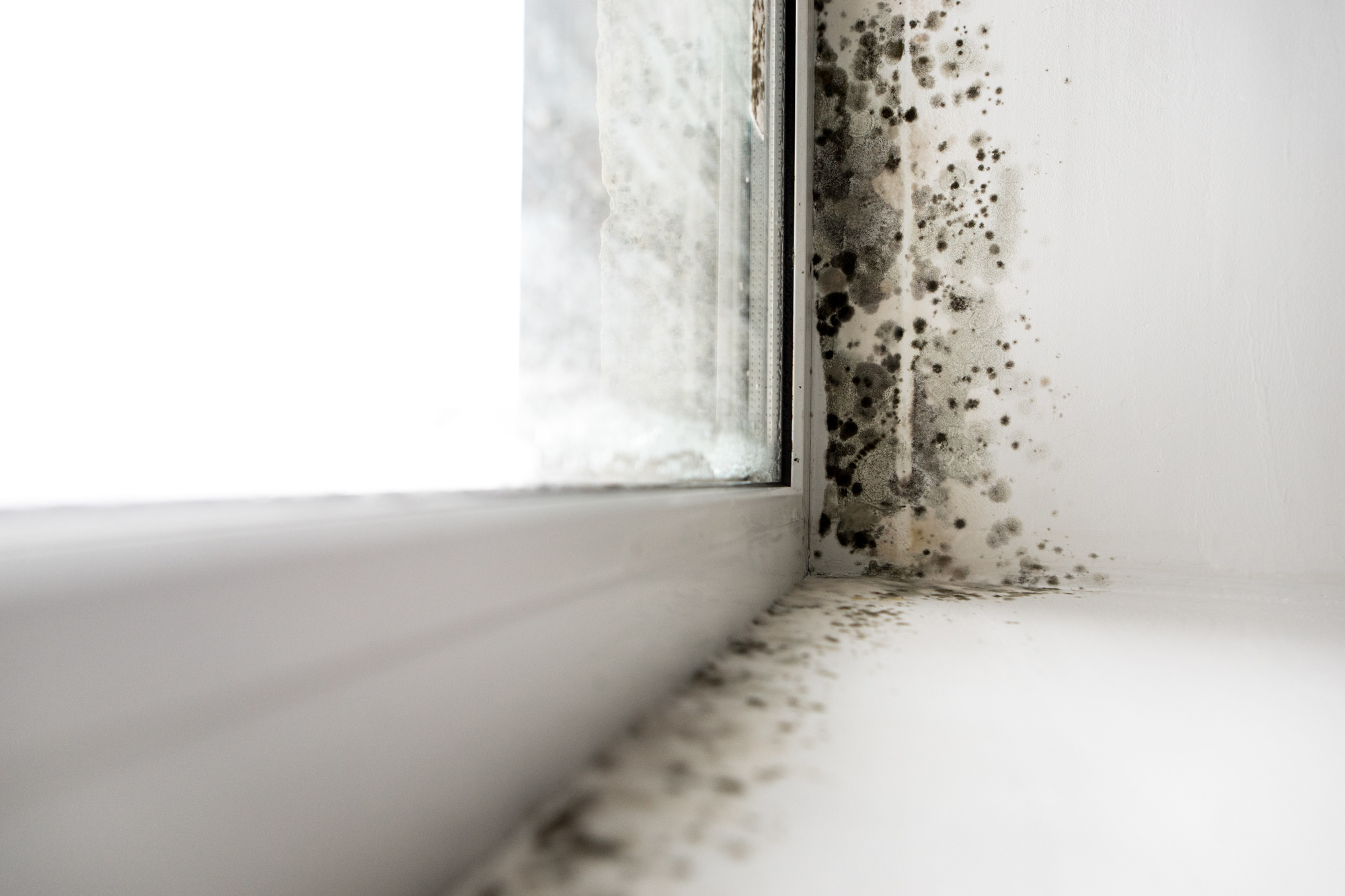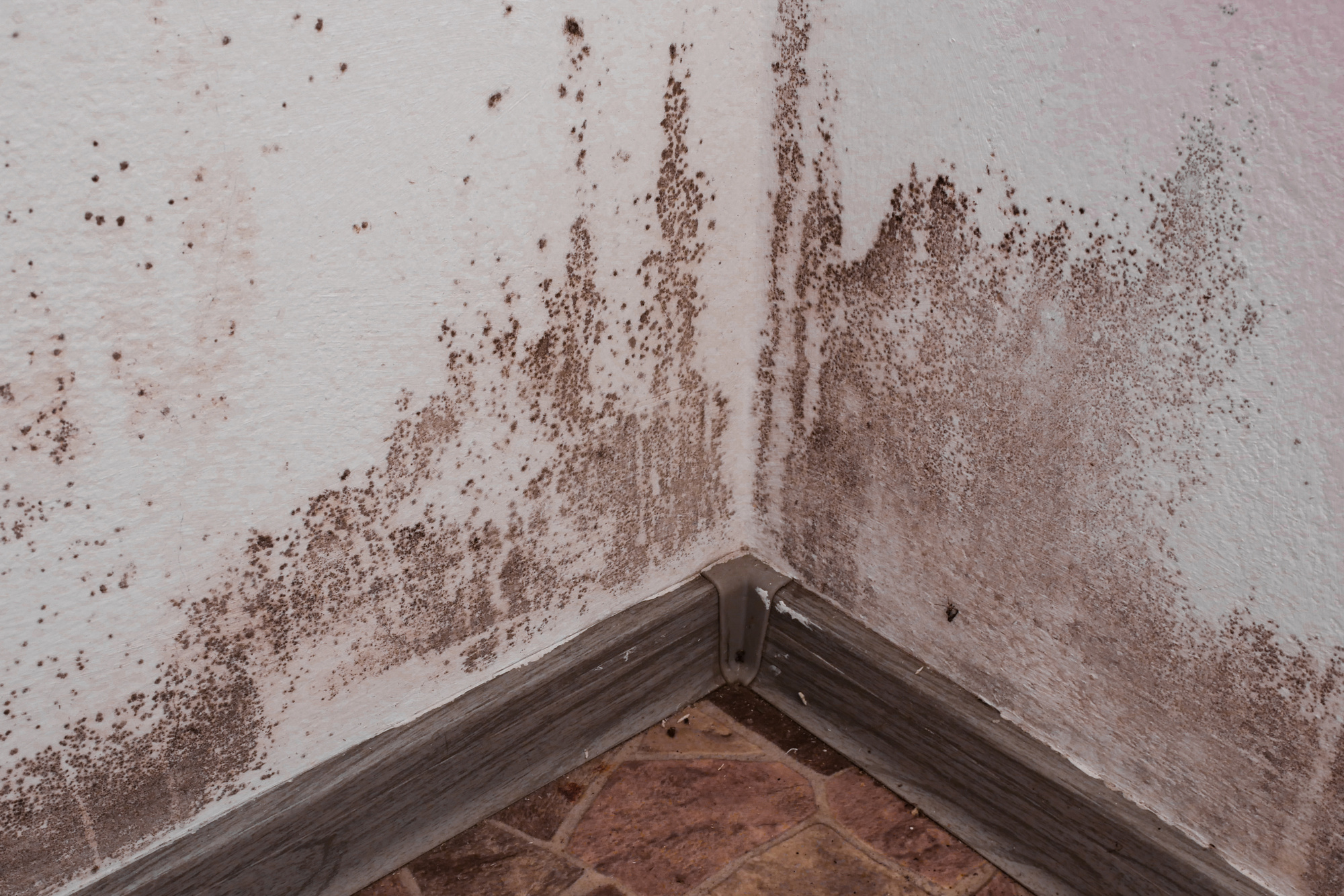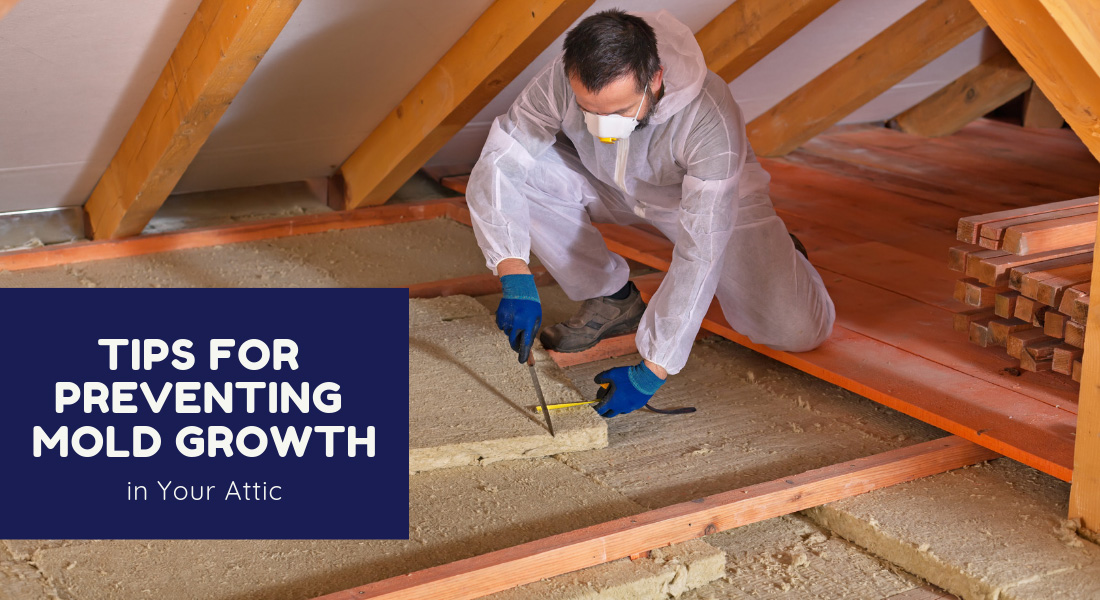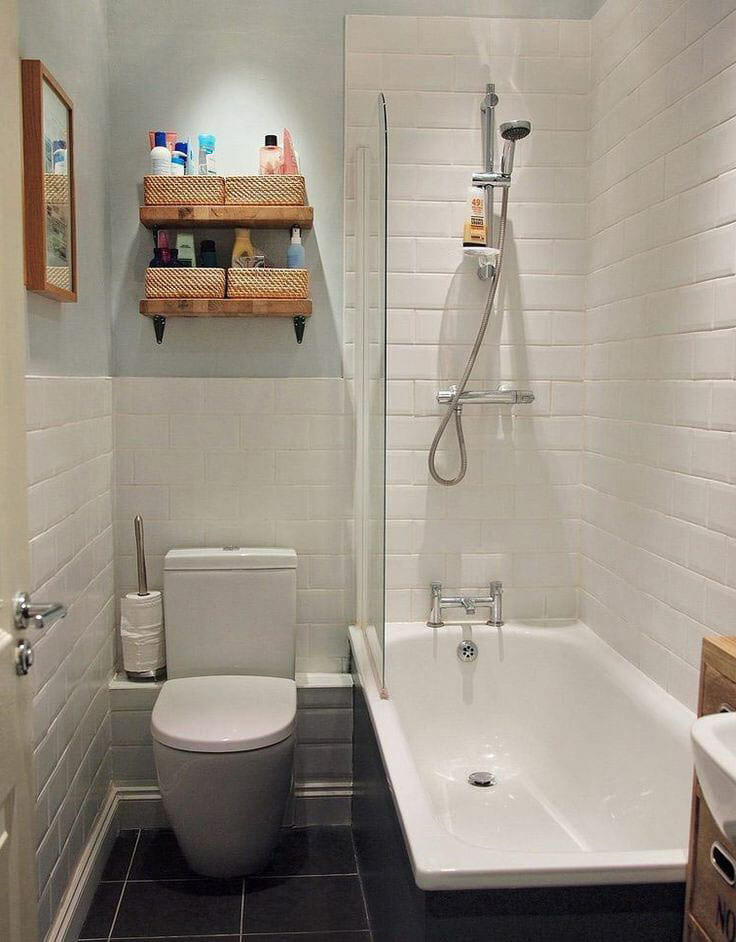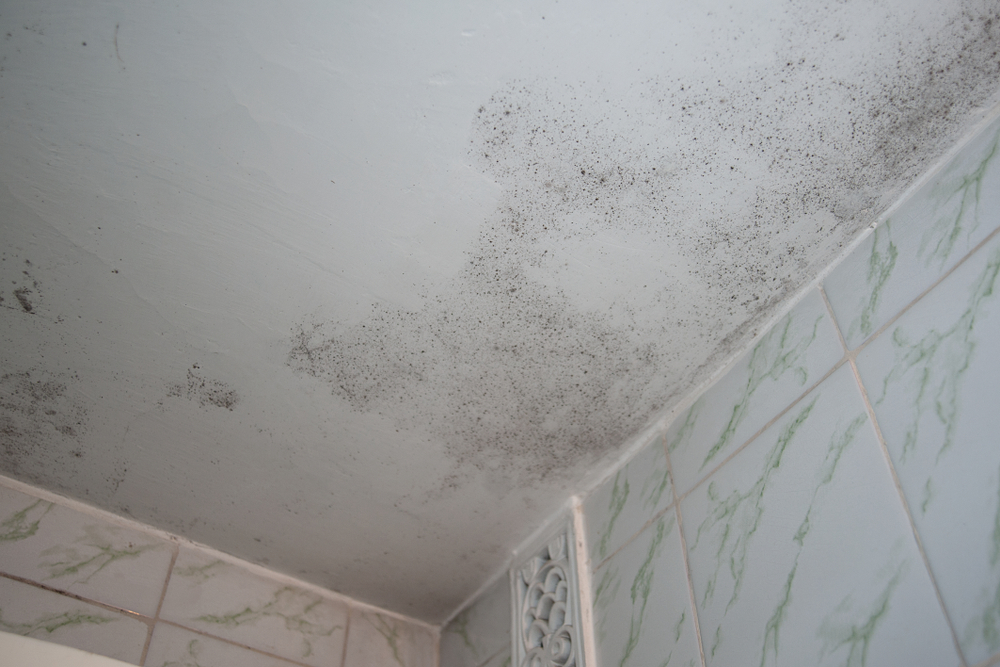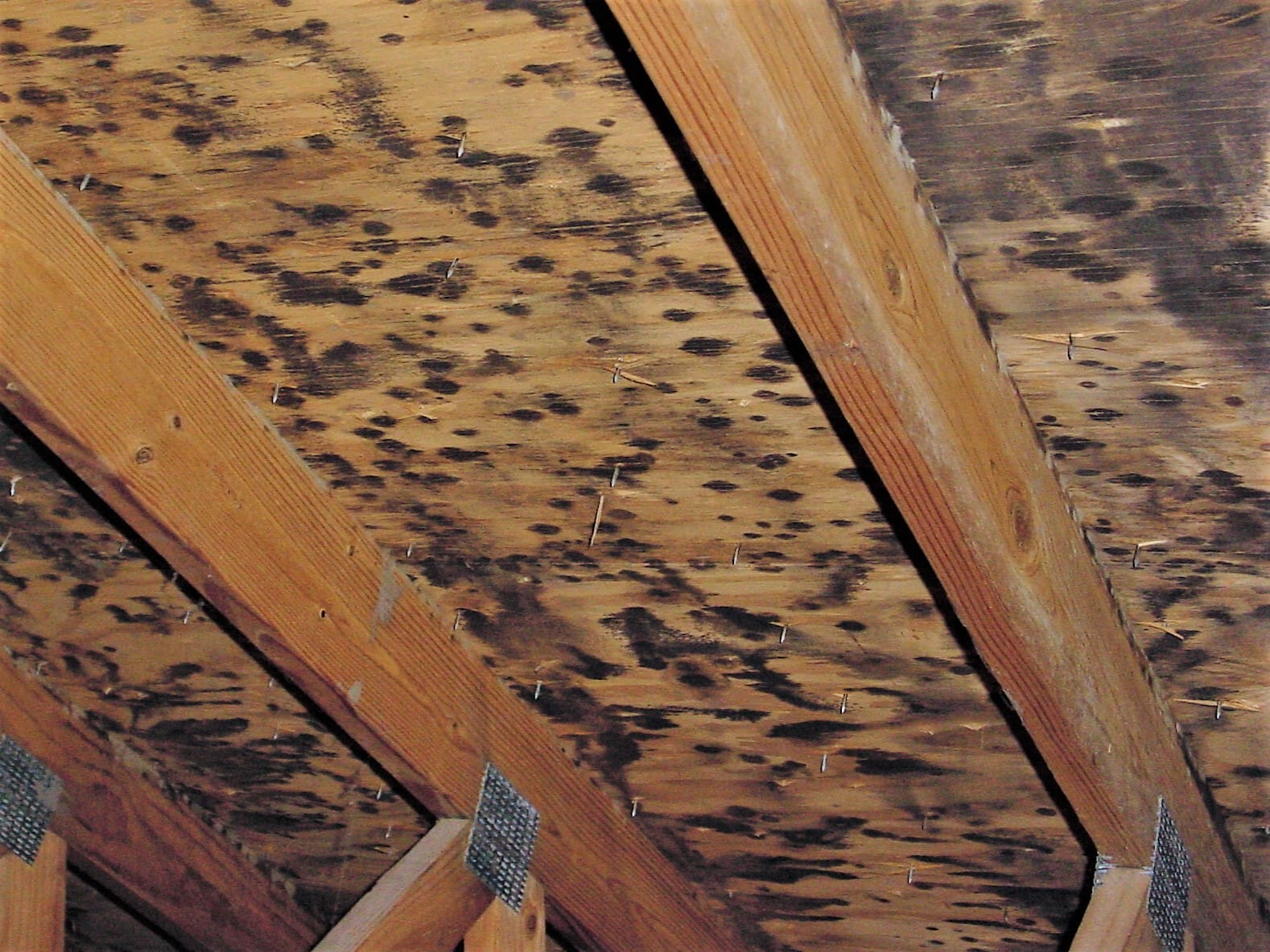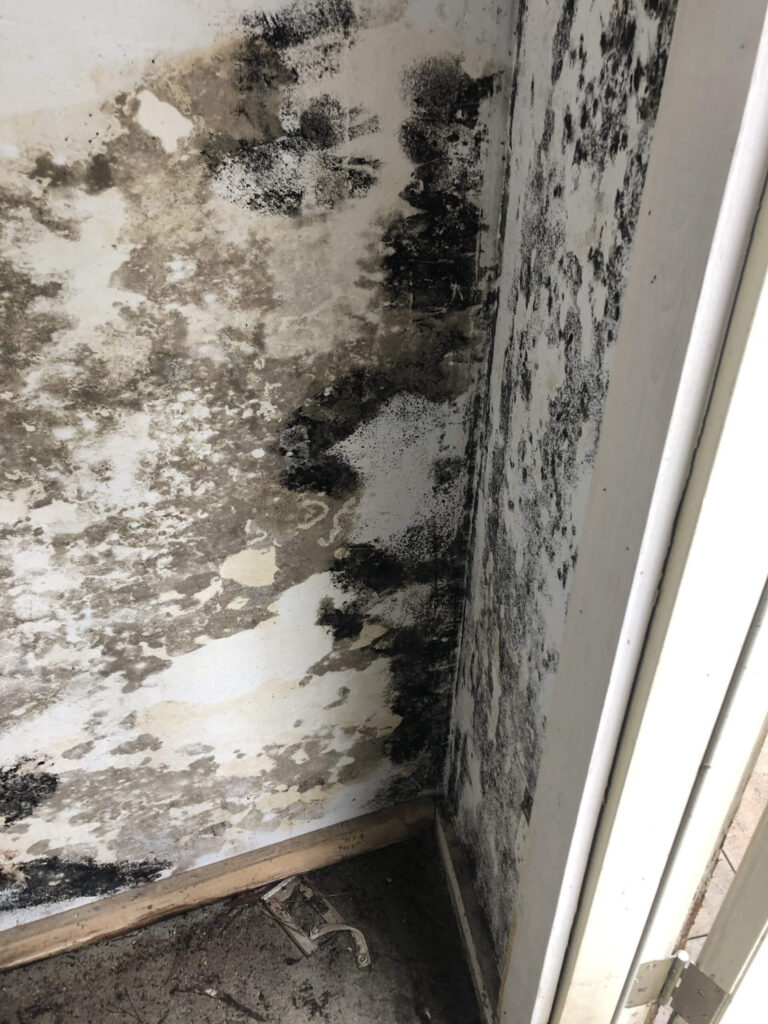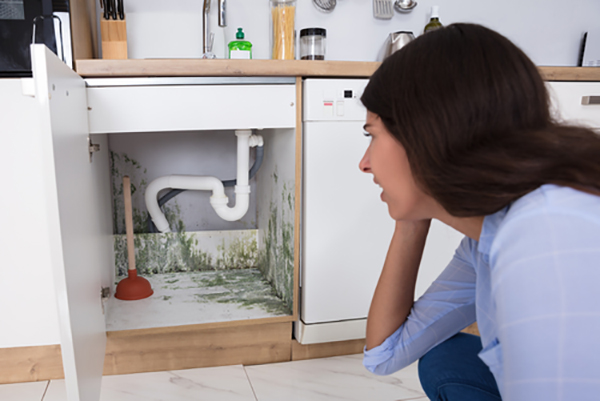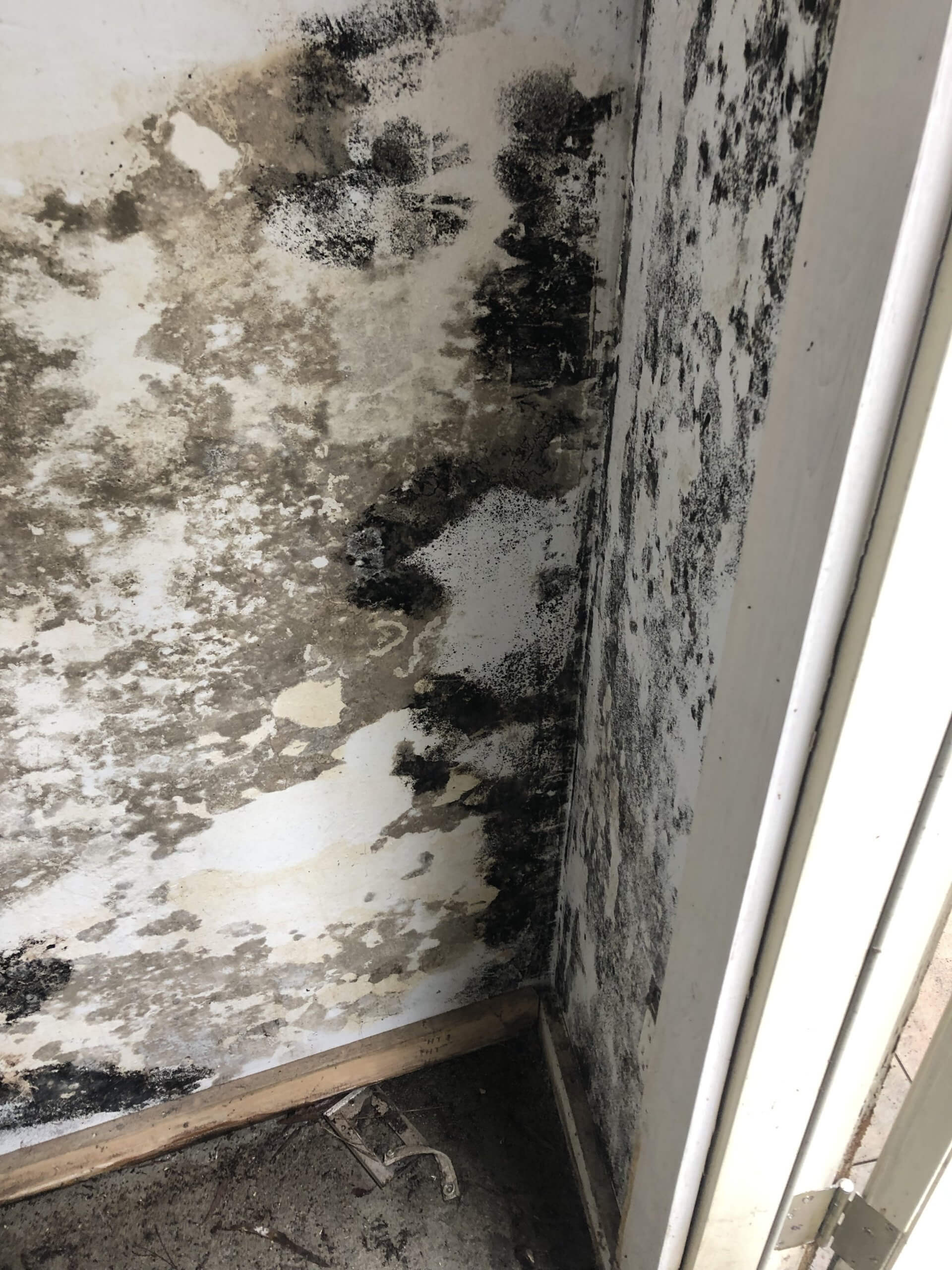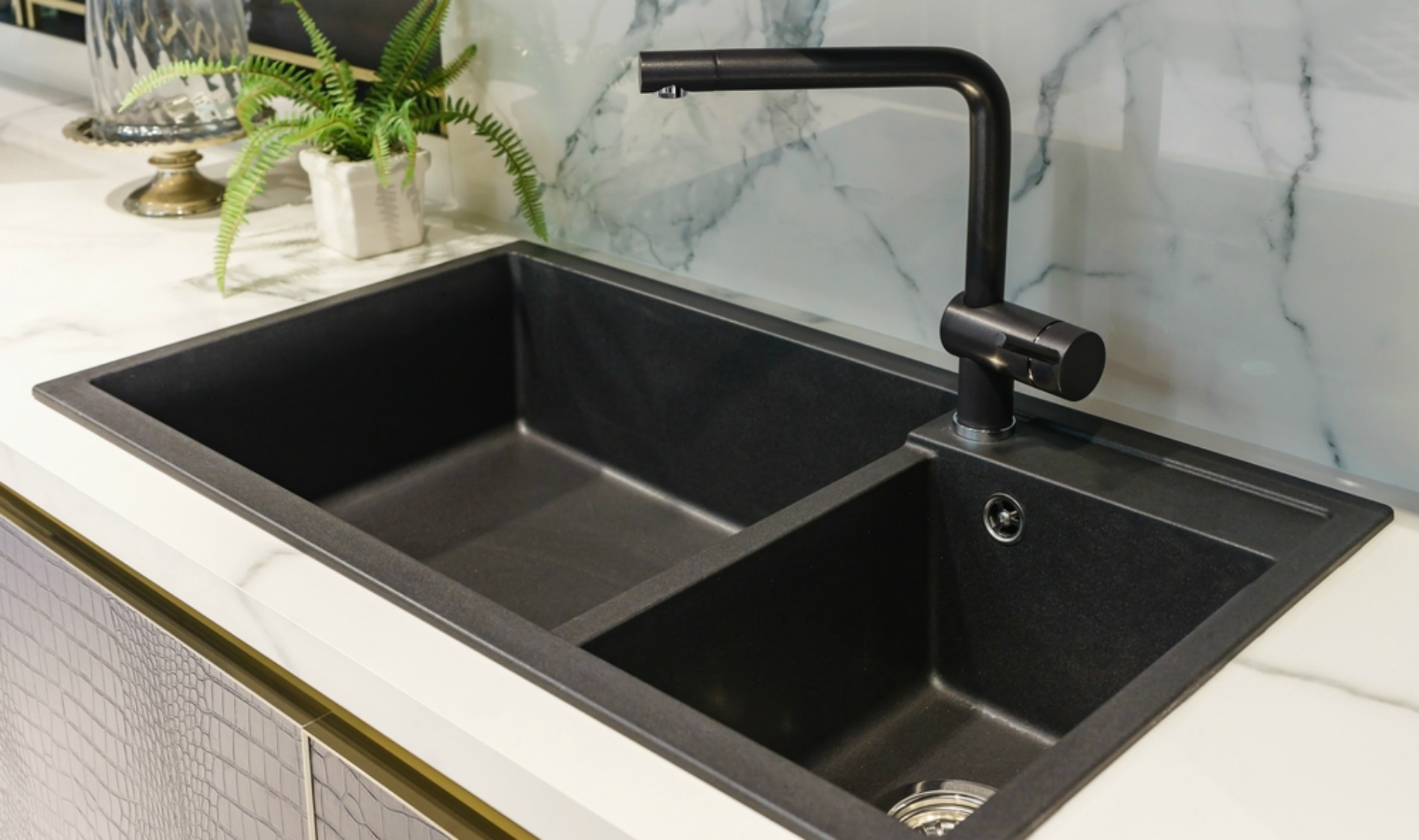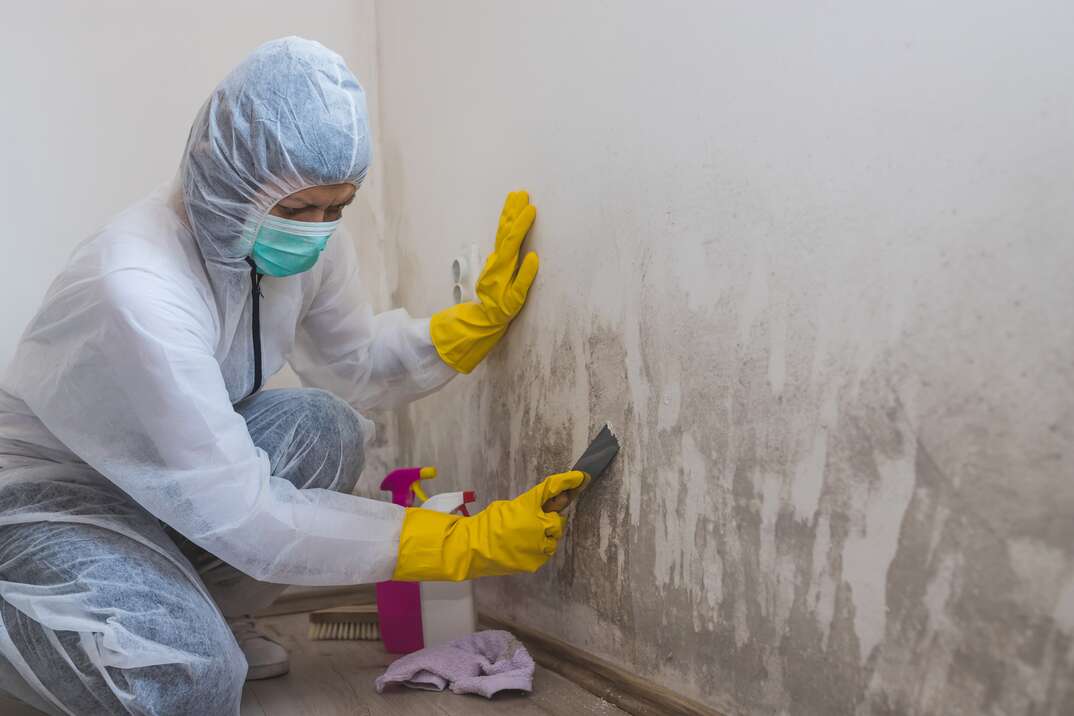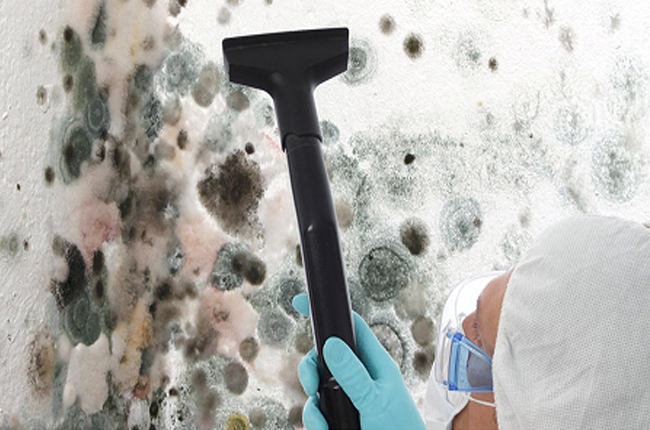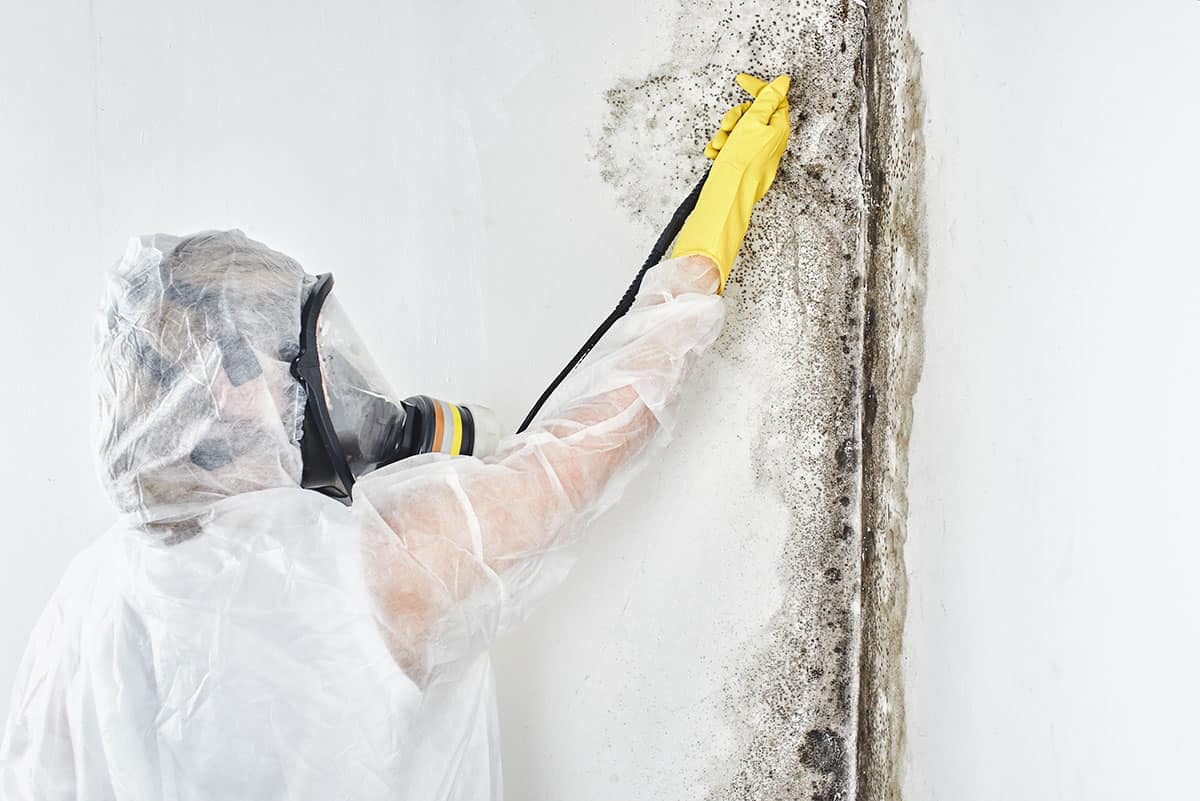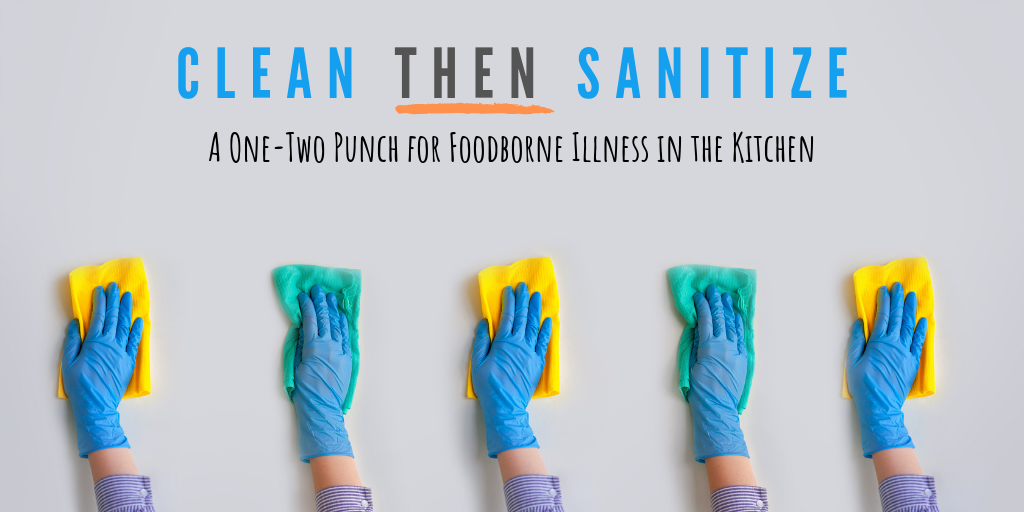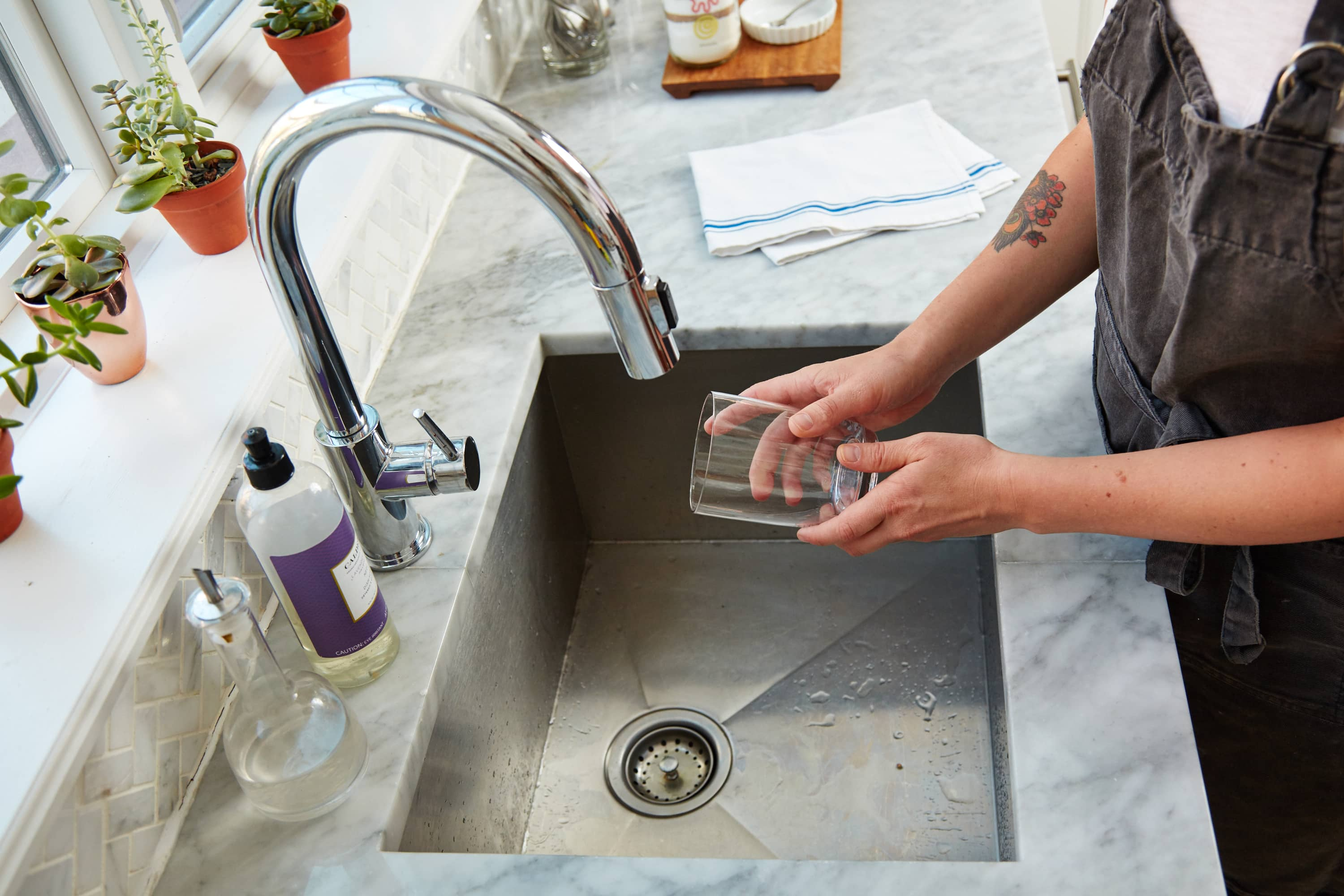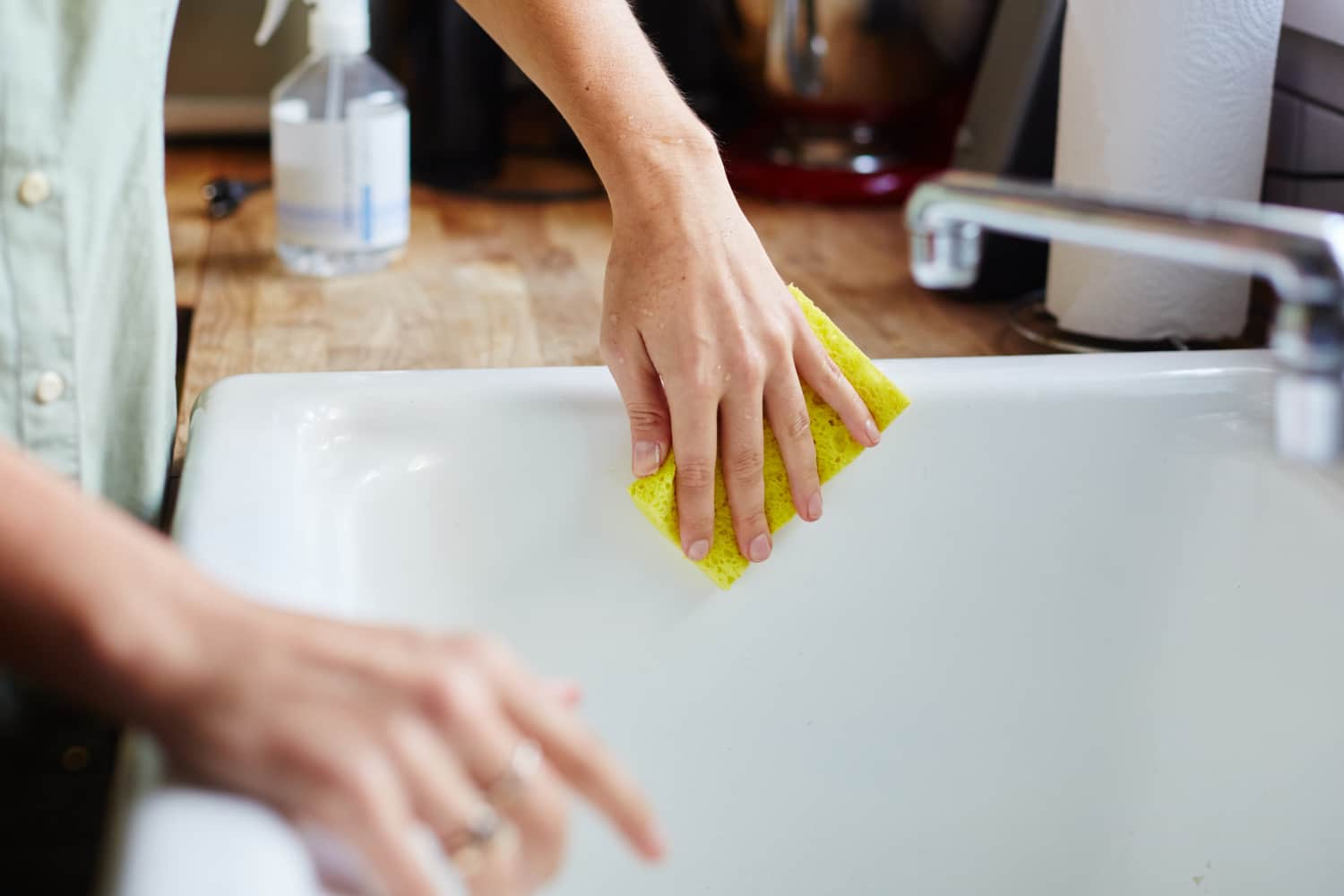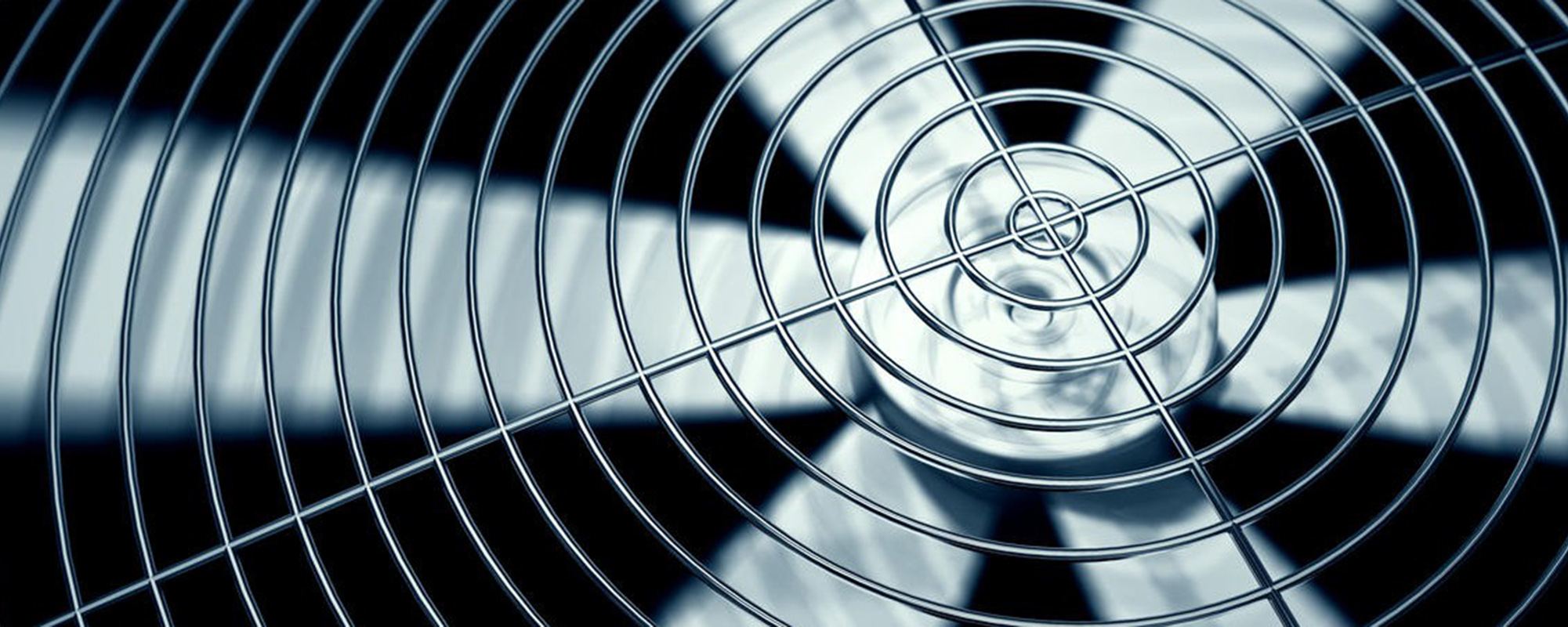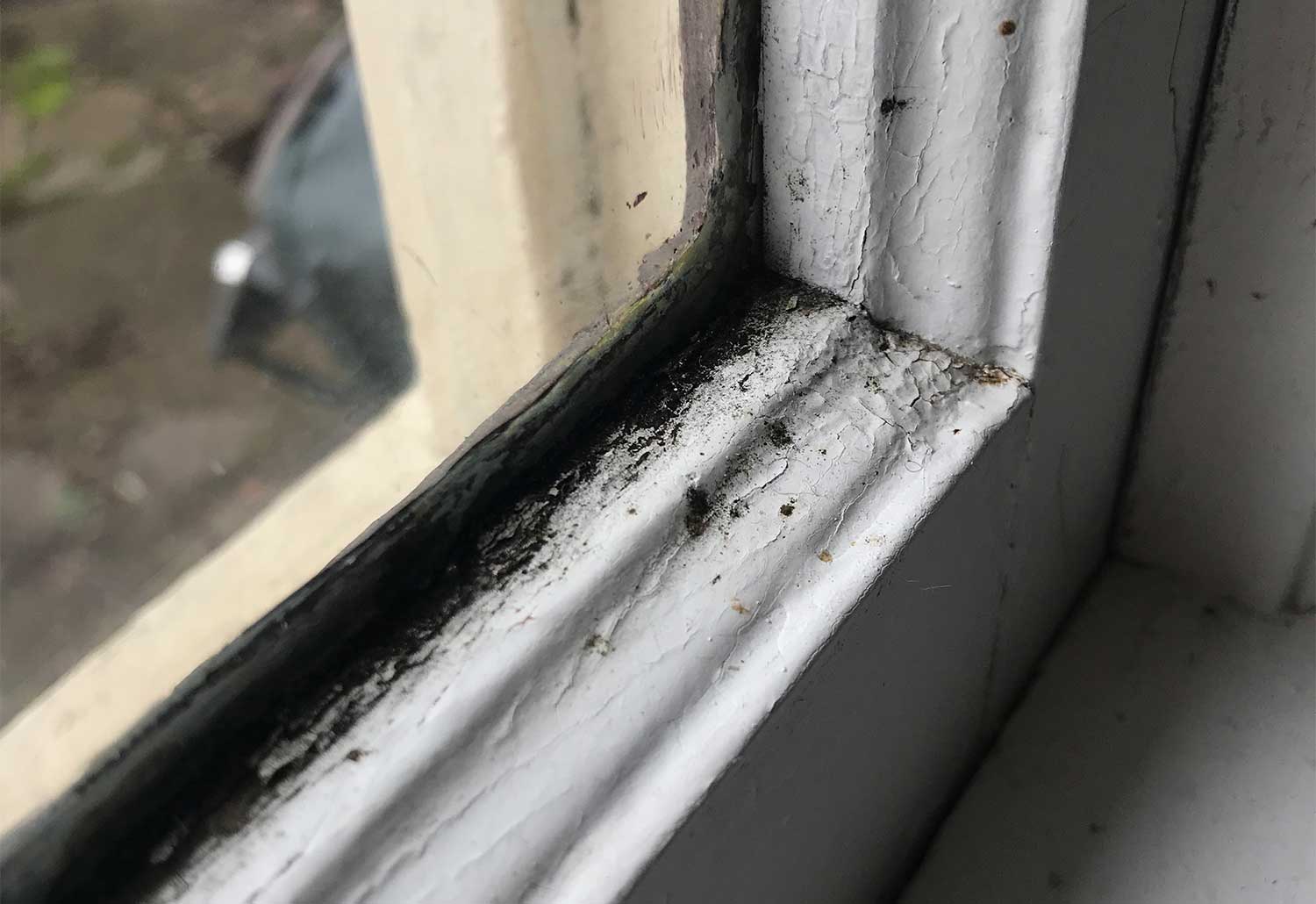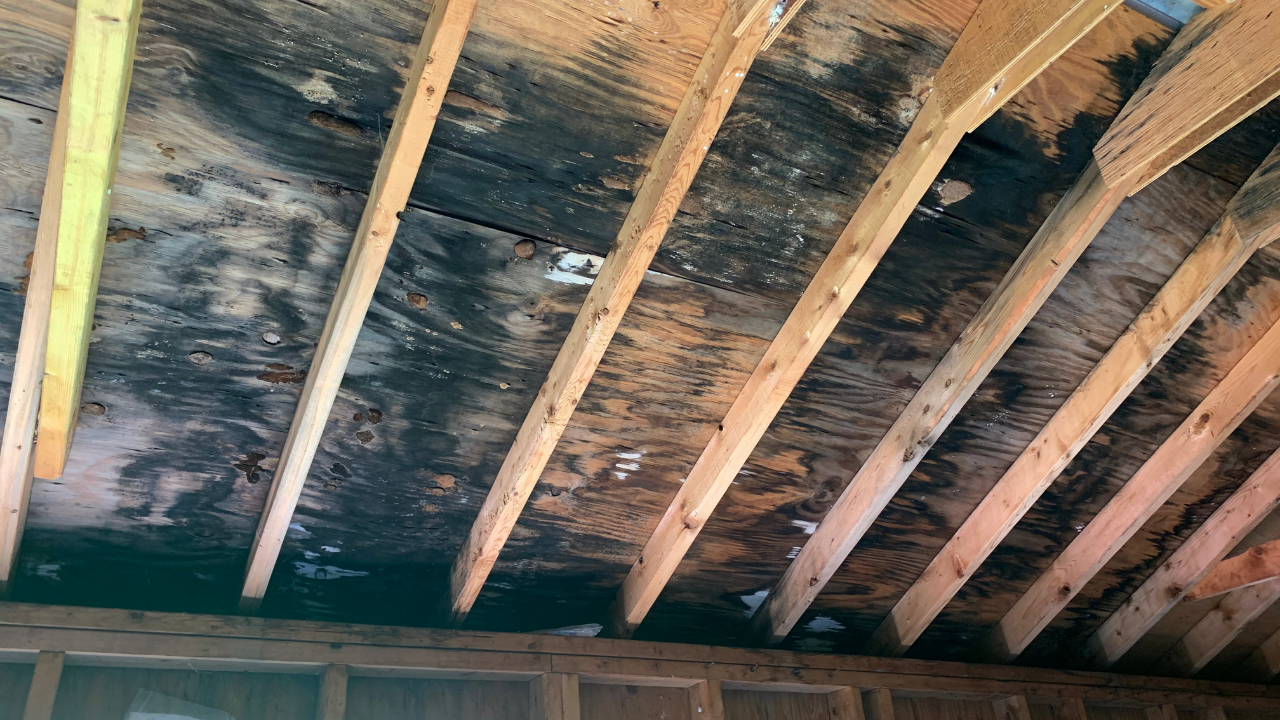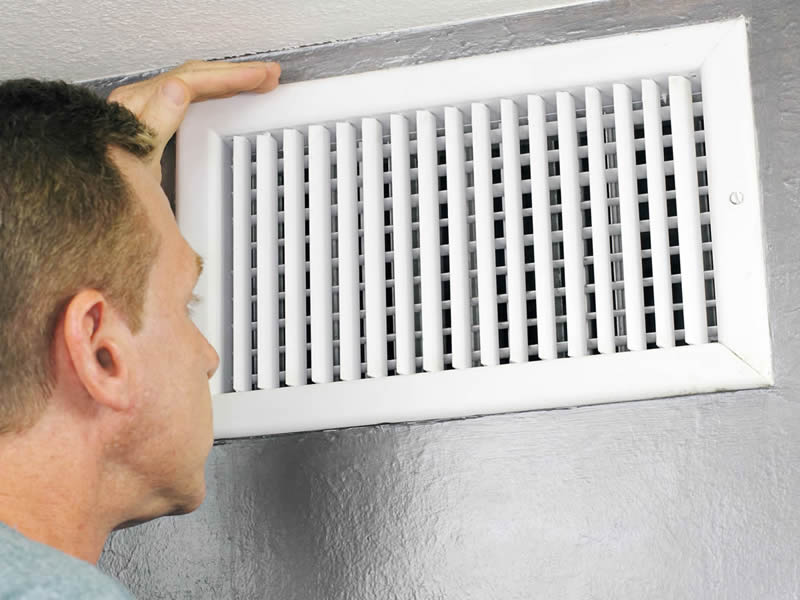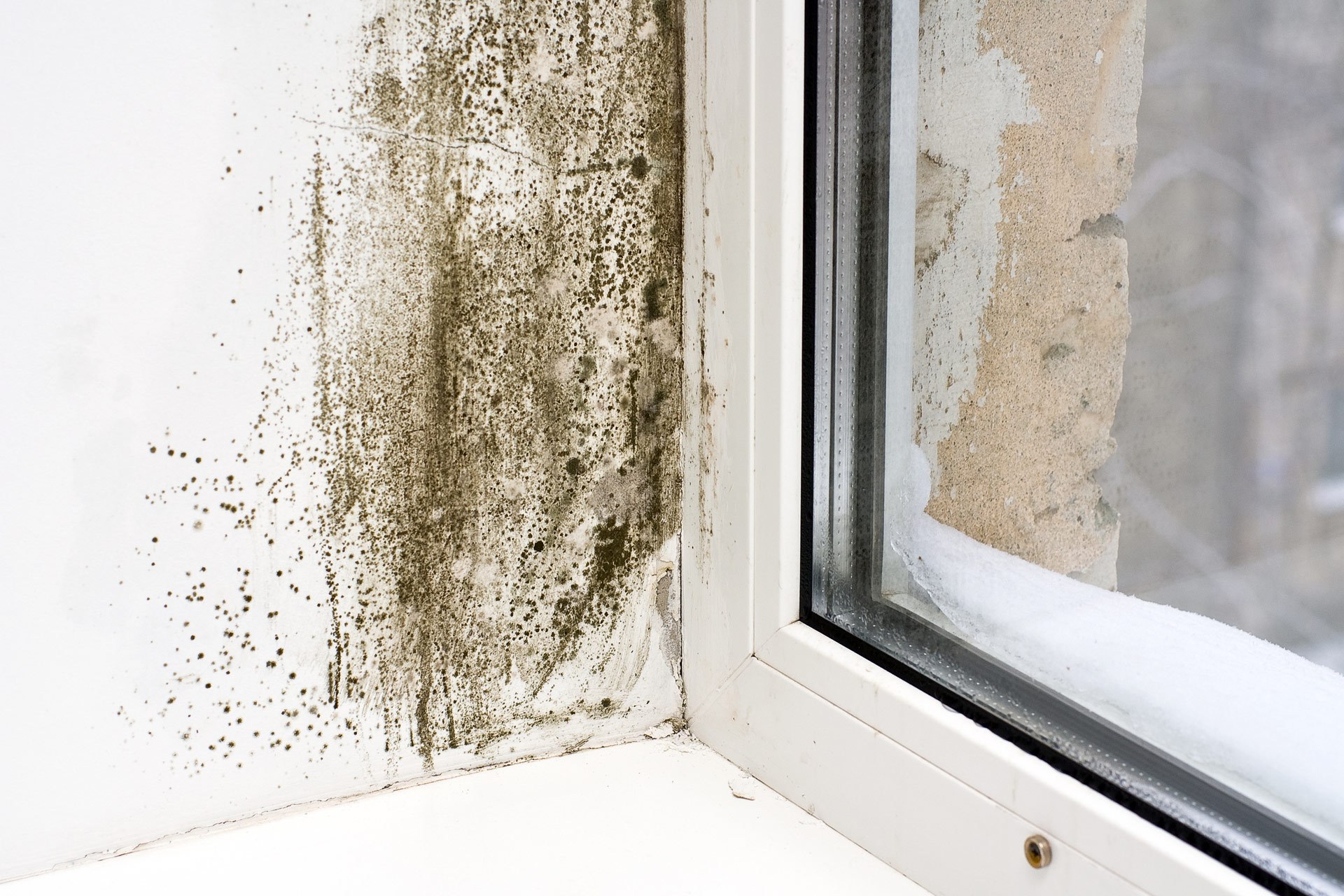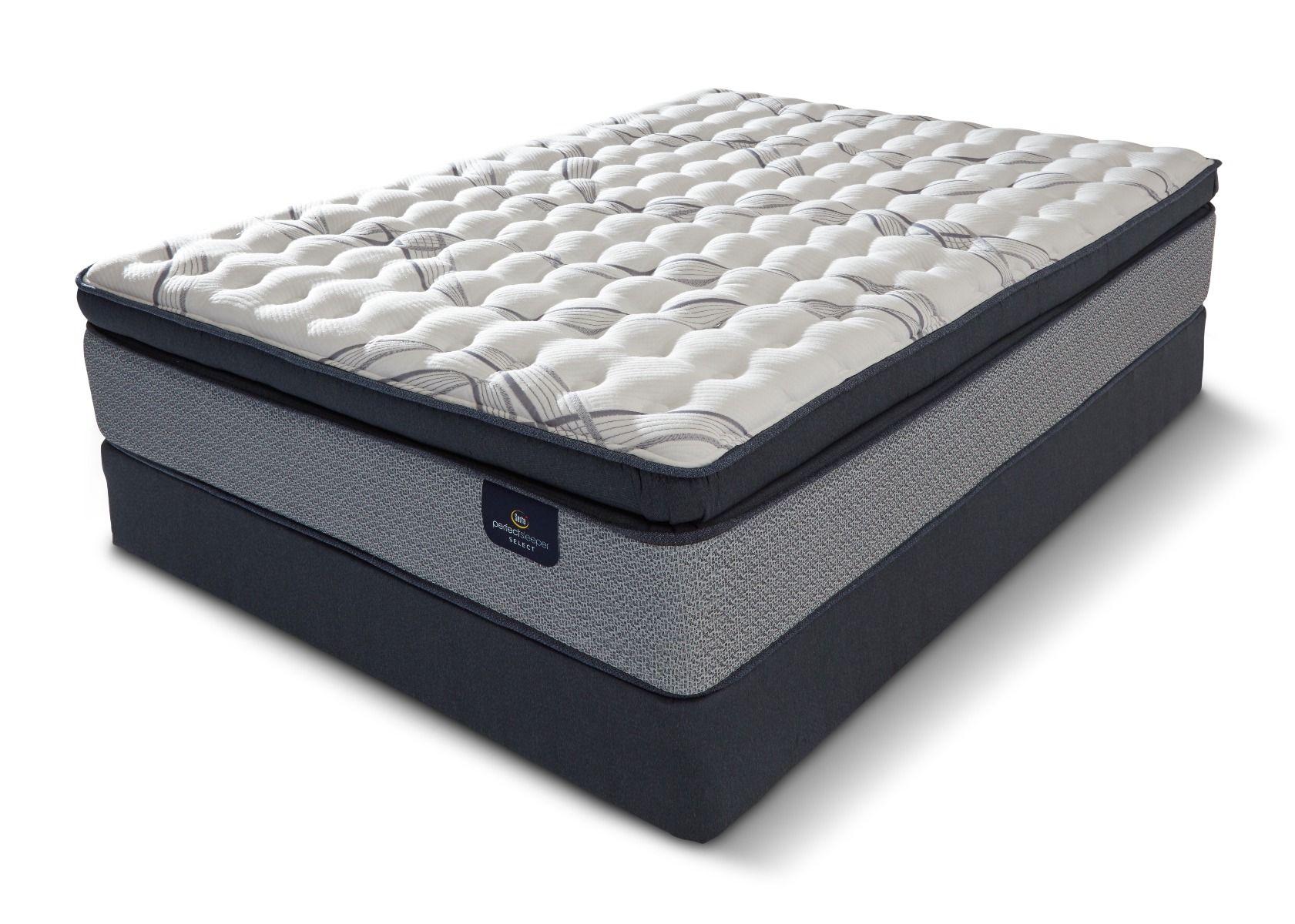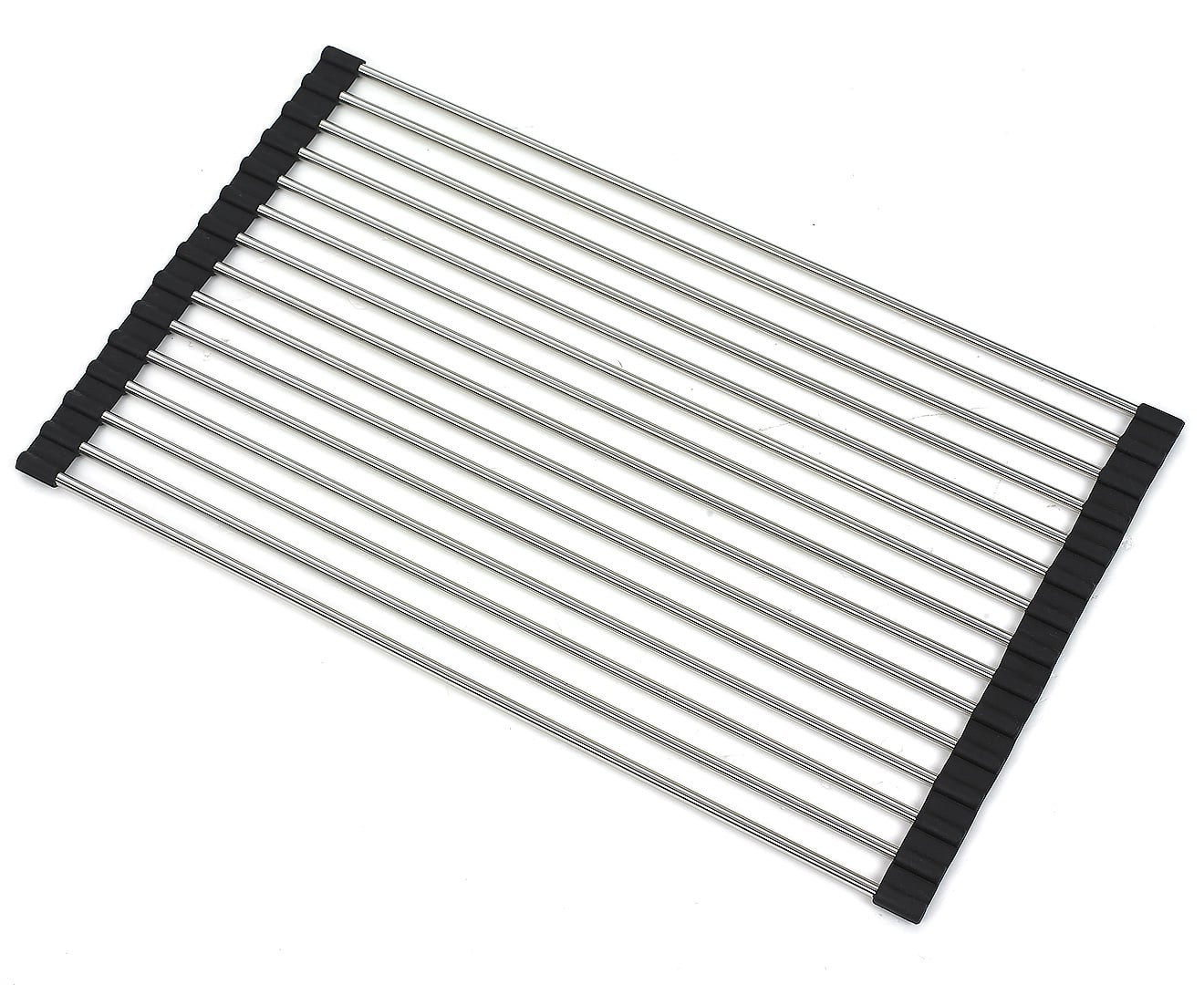Black mold is a type of fungus that can grow in damp and dark places, making your kitchen sink a prime breeding ground. This not only poses a threat to the cleanliness of your kitchen, but also to your health. If you suspect that you have black mold near your kitchen sink, it's important to address it immediately. Here's how you can identify and remove it effectively.How to Identify and Remove Black Mold Near Your Kitchen Sink
Black mold can have serious consequences on your health if left untreated. It can cause allergic reactions, respiratory issues, and even neurological problems. The spores released by black mold can easily spread throughout your home, making it crucial to address the issue as soon as possible.The Dangers of Black Mold Near Your Kitchen Sink
The best way to deal with black mold is to prevent it from growing in the first place. To do this, you need to keep your kitchen sink area dry and well-ventilated. Wipe down the sink and surrounding areas after each use and fix any leaks or plumbing issues immediately. You can also use a dehumidifier to keep the humidity levels in your kitchen under control.Preventing Black Mold Growth Near Your Kitchen Sink
There are a few common causes of black mold near kitchen sinks. One of the main reasons is a lack of proper ventilation, which allows moisture to build up. This can also be caused by leaks in the sink or pipes, as well as poor caulking and sealing around the sink and countertops.Common Causes of Black Mold Near Kitchen Sinks
It's important to be aware of the signs of black mold in your kitchen sink area. These can include a musty odor, visible dark patches on the sink or surrounding areas, and a feeling of dampness. If you notice any of these signs, it's important to take action right away.Signs of Black Mold Near Your Kitchen Sink
If the mold growth near your kitchen sink is not extensive, you can try some DIY remedies to remove it. A mixture of white vinegar and water can be an effective cleaning solution. You can also use baking soda or hydrogen peroxide to scrub away the mold. Just be sure to wear gloves and a mask for protection.DIY Remedies for Black Mold Near Kitchen Sinks
If the mold growth is extensive or if you have underlying health conditions, it's best to leave the removal to professionals. Mold remediation experts have the necessary equipment and expertise to safely and effectively remove the mold from your kitchen sink area.Professional Mold Removal Services for Black Mold Near Kitchen Sinks
Regularly cleaning and disinfecting your kitchen sink can help prevent black mold growth. Use a mixture of hot water and dish soap to clean the sink and surrounding areas. You can also use a disinfectant cleaner or a mixture of bleach and water to kill any remaining mold spores.How to Clean and Disinfect Your Kitchen Sink to Prevent Black Mold
If you prefer to use natural products, there are some options for removing black mold near your kitchen sink. Tea tree oil, grapefruit seed extract, and distilled white vinegar all have antifungal properties and can be effective in removing mold. Just be sure to follow the instructions carefully and wear protective gear.Using Natural Products to Remove Black Mold Near Your Kitchen Sink
Proper ventilation is crucial in preventing black mold growth near your kitchen sink. Make sure to open windows or use an exhaust fan while cooking or washing dishes. This will help to reduce moisture and prevent mold from thriving in your kitchen sink area.The Importance of Proper Ventilation to Prevent Black Mold Near Kitchen Sinks
Preventing Black Mold Near Your Kitchen Sink

The Dangers of Black Mold
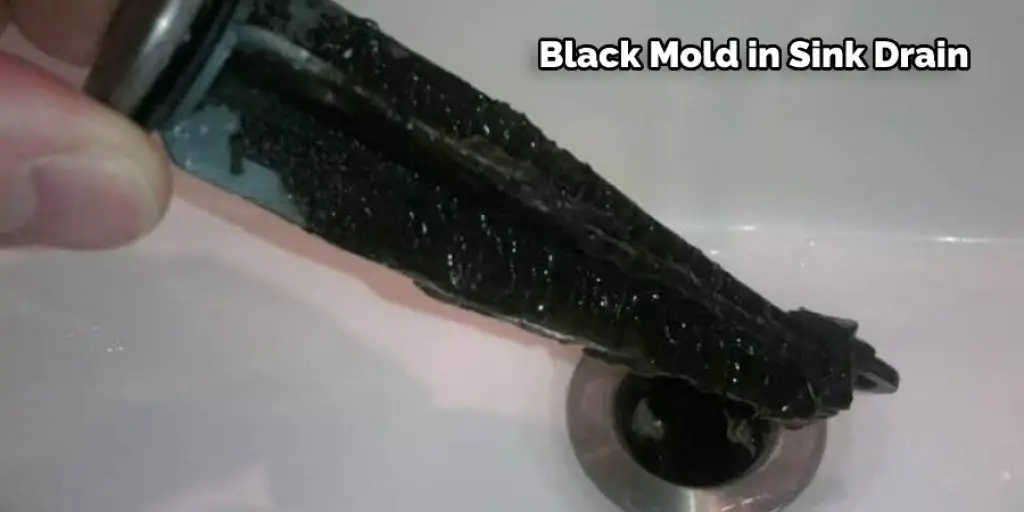 Black mold is a type of fungus that can grow in damp and dark environments, making your kitchen sink the perfect breeding ground. Not only is it unsightly, but it can also pose serious health risks, especially for those with respiratory issues or weakened immune systems. It can also cause structural damage to your home if left untreated. Therefore, it is important to take preventative measures to avoid black mold growth in your kitchen sink area.
Black mold is a type of fungus that can grow in damp and dark environments, making your kitchen sink the perfect breeding ground. Not only is it unsightly, but it can also pose serious health risks, especially for those with respiratory issues or weakened immune systems. It can also cause structural damage to your home if left untreated. Therefore, it is important to take preventative measures to avoid black mold growth in your kitchen sink area.
Identifying the Cause
Proper Cleaning and Maintenance
 Regular cleaning and maintenance of your kitchen sink area can go a long way in preventing black mold growth. Make sure to thoroughly clean your sink and surrounding areas, including faucets, drains, and garbage disposal, at least once a week. Use a mixture of water and
white vinegar
to disinfect and naturally prevent mold growth. It is also important to keep the area dry by wiping down surfaces and fixing any leaks promptly.
Regular cleaning and maintenance of your kitchen sink area can go a long way in preventing black mold growth. Make sure to thoroughly clean your sink and surrounding areas, including faucets, drains, and garbage disposal, at least once a week. Use a mixture of water and
white vinegar
to disinfect and naturally prevent mold growth. It is also important to keep the area dry by wiping down surfaces and fixing any leaks promptly.
Invest in a Dehumidifier
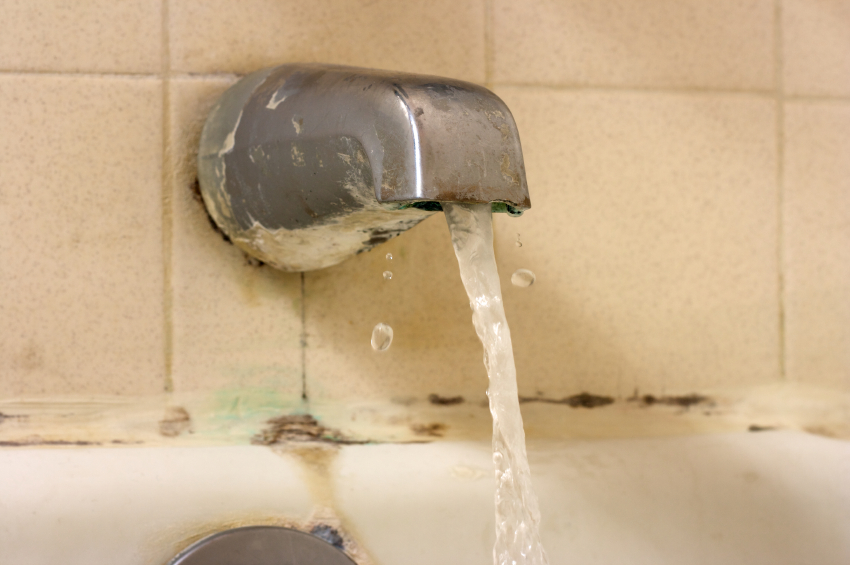 If your kitchen sink area is prone to excess moisture, consider investing in a dehumidifier. This device helps remove excess moisture from the air, making it less favorable for mold growth. Place the dehumidifier near your sink or in the kitchen to effectively reduce humidity levels and prevent mold growth.
If your kitchen sink area is prone to excess moisture, consider investing in a dehumidifier. This device helps remove excess moisture from the air, making it less favorable for mold growth. Place the dehumidifier near your sink or in the kitchen to effectively reduce humidity levels and prevent mold growth.
Proper Air Circulation
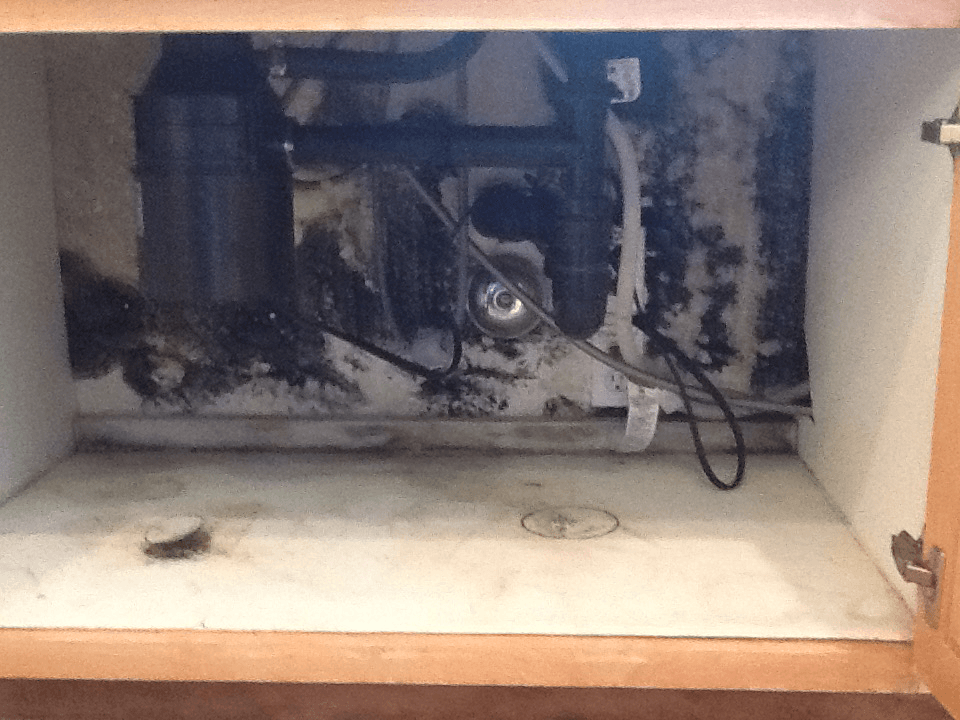 Proper ventilation is crucial in preventing black mold near your kitchen sink. Make sure to open windows and doors to allow fresh air to circulate, especially after cooking or using hot water. You can also use a fan to improve air circulation and prevent moisture buildup in the kitchen.
In conclusion, black mold near your kitchen sink is a common problem that can be easily prevented with proper maintenance and cleaning. By addressing the root cause of the problem and taking preventative measures, you can ensure a clean and healthy kitchen environment for you and your family. Remember to regularly clean and dry the area, invest in a dehumidifier, and promote proper air circulation to keep black mold at bay.
Proper ventilation is crucial in preventing black mold near your kitchen sink. Make sure to open windows and doors to allow fresh air to circulate, especially after cooking or using hot water. You can also use a fan to improve air circulation and prevent moisture buildup in the kitchen.
In conclusion, black mold near your kitchen sink is a common problem that can be easily prevented with proper maintenance and cleaning. By addressing the root cause of the problem and taking preventative measures, you can ensure a clean and healthy kitchen environment for you and your family. Remember to regularly clean and dry the area, invest in a dehumidifier, and promote proper air circulation to keep black mold at bay.



